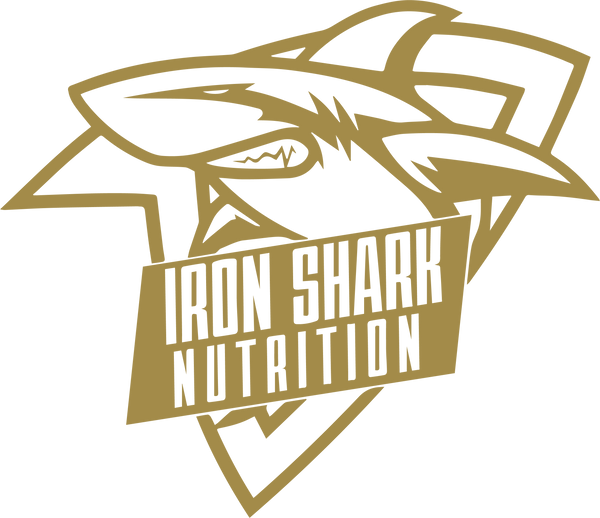Vitamin D3, often referred to simply as vitamin D, is an essential nutrient that plays a crucial role in human health. Often associated with the sun, this vitamin deserves special attention due to its impact on various aspects of our well-being. In this article, we'll explore the benefits of vitamin D3, its importance, and how to make sure you get enough of this vital vitamin.
What is vitamin D3
Vitamin D3, also known as cholecalciferol, is a fat-soluble vitamin produced by the skin in response to exposure to ultraviolet B (UVB) rays from the sun. It can also be obtained from certain food sources and supplements.
The Benefits of Vitamin D3
Vitamin D3 plays an essential role in several aspects of health:
Bone Health : Vitamin D3 is crucial for the absorption of calcium and phosphorus in the intestine, which promotes normal bone growth and prevents osteoporosis in older adults.
Immune system : It strengthens the immune system by helping to regulate the immune response and reduce inflammation. A vitamin D3 deficiency can make the body more vulnerable to infections.
Cardiovascular health : Studies suggest that vitamin D3 may help maintain heart health by regulating blood pressure and reducing the risk of cardiovascular disease.
Mental health : Vitamin D3 is associated with better mental health and a reduced risk of depression. It may play a role in the production of neurotransmitters such as serotonin.
Muscle health : It promotes muscle function and strength, which may reduce the risk of falls and fractures in older adults.
Reduced risk of certain diseases : Research suggests that vitamin D3 may play a role in preventing various diseases, including type 2 diabetes, certain types of cancer, and autoimmune diseases such as multiple sclerosis.
How to Get Enough Vitamin
Sun Exposure : Moderate exposure to sunlight is the main source of vitamin D3. It is recommended to spend 15 to 20 minutes a day in the sun, preferably during the hours when UVB rays are strongest (usually between 10 a.m. and 3 p.m.). However, the amount of vitamin D3 produced depends on various factors, such as latitude, season, skin color and sunscreen use.
Foods rich in vitamin D 3: Food sources of vitamin D3 include fatty fish (such as salmon and tuna), eggs, fortified dairy products, mushrooms and fish liver oil.
Dietary supplements : If you have difficulty getting enough vitamin D3 through sun exposure and diet, you can consume dietary supplements.
Vitamin D3 is essential for maintaining good long-term health. Taking care of your exposure to the sun, eating foods rich in vitamin D3 and consulting a healthcare professional if you are at risk of deficiency can help you benefit from its many benefits for your body and mind. So, get out in the sun and give your health a well-deserved ray of sunshine!








